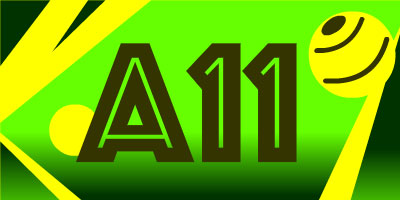
The second step in changing a mixed number into an improper fraction is to add the result to the numerator.
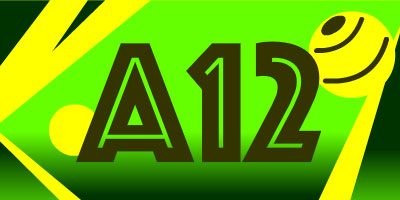
A composite number is a number greater than one that is not a prime.
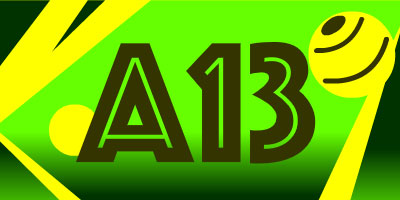
There is a common denominator when two fractions have the same denominator.
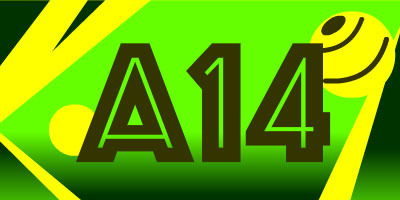
Add the wholes first and then add the fractions. This is how we add mixed numbers.
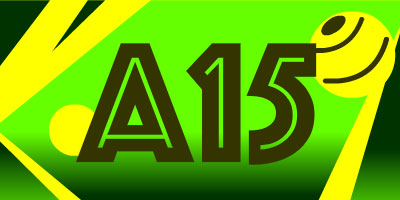
We can use the multiplication property of equality to solve equations.
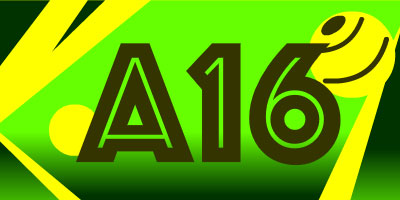
The second step to converting a decimal to a mixed number or proper fraction is to determine the denominator.
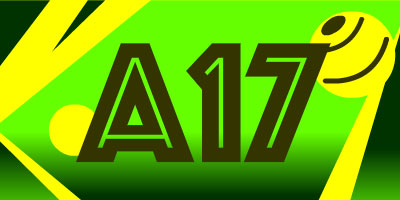
There are three steps to multiplying decimal numbers.
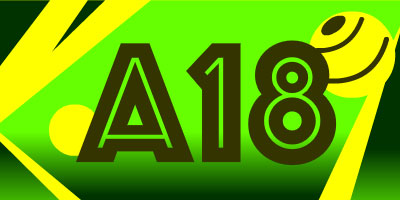
Repeating decimal is a quotient follows a repeated pattern.
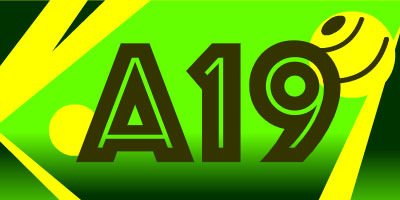
The last step to the order of operations involving decimals and fractions is to solve the addition and subtraction from left to right.
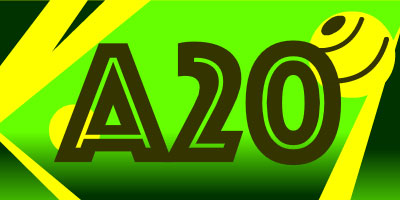
The ratio is the comparison of two quantities.